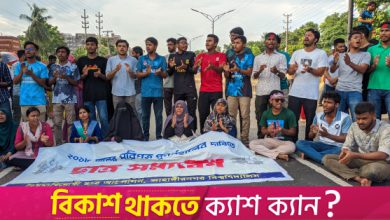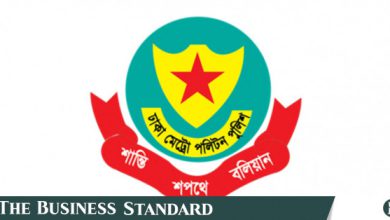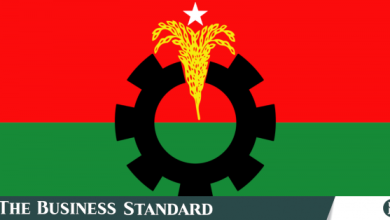Protests, roadblocks severely disrupt Shahbagh, the health capital: BSMMU VC


As much as 20% of Bangladesh’s health sector resources are concentrated within the 5-km radius of the Shahbagh area, said Vice-Chancellor of the Bangabandhu Sheikh Mujib Medical University (BSMMU) Prof Dr Md Sayedur Rahman on Friday (13 September).
He said Shahbagh is the health capital of the country.
“Approximately 1 lakh people from across the country seek treatment within the area daily. Various protests, movements, and roadblocks have severely disrupted medical services, causing immense suffering for patients,” he said during a discussion held at the Major Saleh Chowdhury Bir Uttam Conference Hall of Ibrahim Cardiac Hospital in Shahbagh.
The newly appointed BSMMU vice-chancellor said, “If the situation stabilises, we would like to engage in discussions with political parties, students, and other stakeholders regarding the Shahbagh area. BSMMU will manage this and will certainly collaborate with BIRDEM and Dhaka Medical College.”
The Doctors and Medical Students Forum organised a discussion titled “Analysis of the Current State of Bangladesh’s Health Sector and Agenda for Future Development.”
Experts at the discussion advised focusing on developing medical universities, monitoring Indian doctors’ accreditation, ensuring transparent use of research funds, and improving governance.
BSMMU VC said establishing the idea that medical university is an educational institution is a challenge.
“The process of becoming a university, the world recognised method has not been well followed, therefore the medical universities of Bangladesh are still not becoming university standards.”
He added, “The focus on treatment at BSMMU shifts attention away from training and research. With 25,000 patients treated daily and 1,800 admitted, specialist education and training are compromised. To improve, BSMMU must prioritise education and strike a balance, aiming to become a top medical university, even if it requires isolating certain functions.”
Prof Dr Imran Bin Yunus, former principal of Chittagong Medical College, said, “These are not universities, just boards. Due to the doctors’ movement, they have VCs, pro-VCs, and treasurers, but nothing more. So, they cannot be called universities.”
Prof Sayedur Rahman said the health sector’s struggles over the past 53 years are due to the lack of commitment from political governments.
“No political party can develop a strong election manifesto without addressing health and education. To pressure political parties ahead of the upcoming elections, discussions on health sector reforms should continue, which could help build a people-centred health system.”
On the national health system, he mentioned that there is no agreement on whether Bangladesh, with its 18 crore people, needs one.
“Countries like the UK, Cuba, and China have different models, and if a new system cannot be created, one of these models could be adapted. Continuing this discussion could increase pressure on the government to introduce a national health system,” he added.
He also emphasised the need to decentralise the health system by developing localised systems in 10 regions.
Former president of the Association of Physicians of Bangladesh Dr Syed Atiqul Haq, Chief Consultant of Infertility Care and Research Centre Ltd Prof Dr Mst Rashida Begum, former president of the Bangladesh Medical Association Prof Dr Rashid-E-Mahbub, and Chairperson of the Public Health Foundation of Bangladesh, Dr Aftab Uddin, also spoke at the event.




